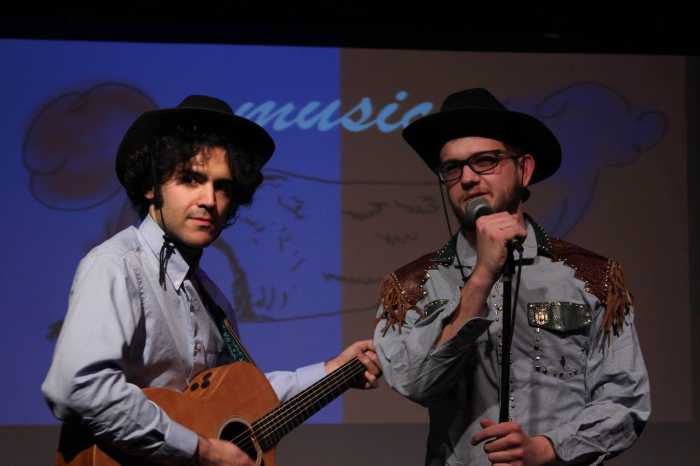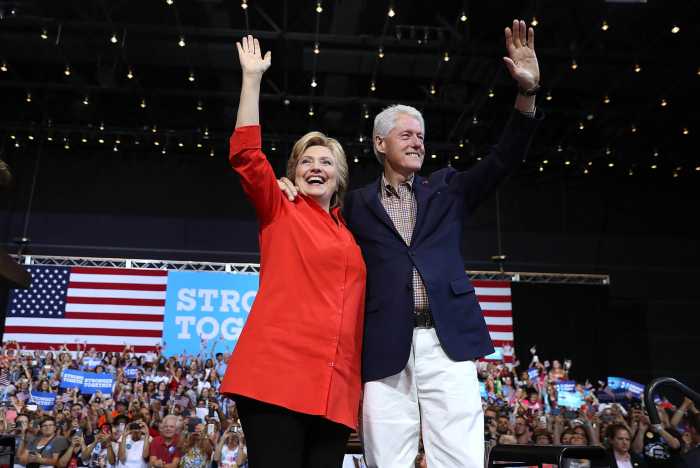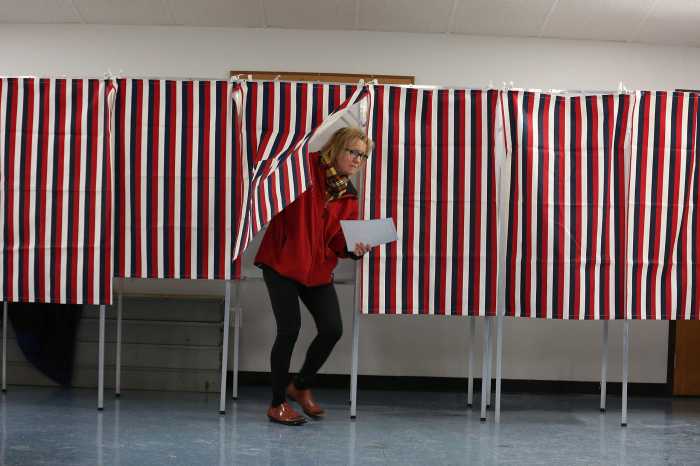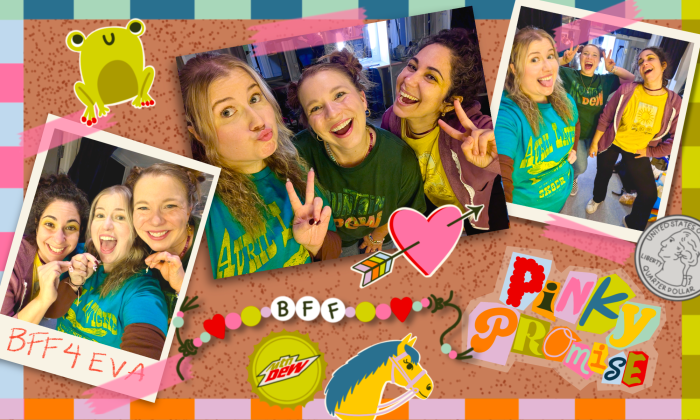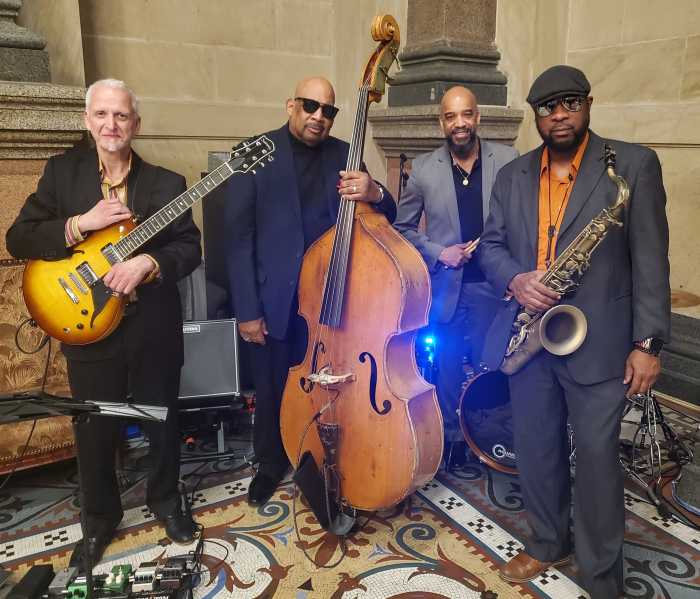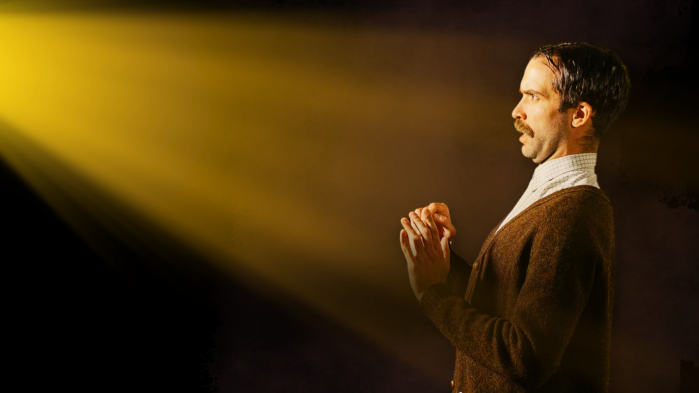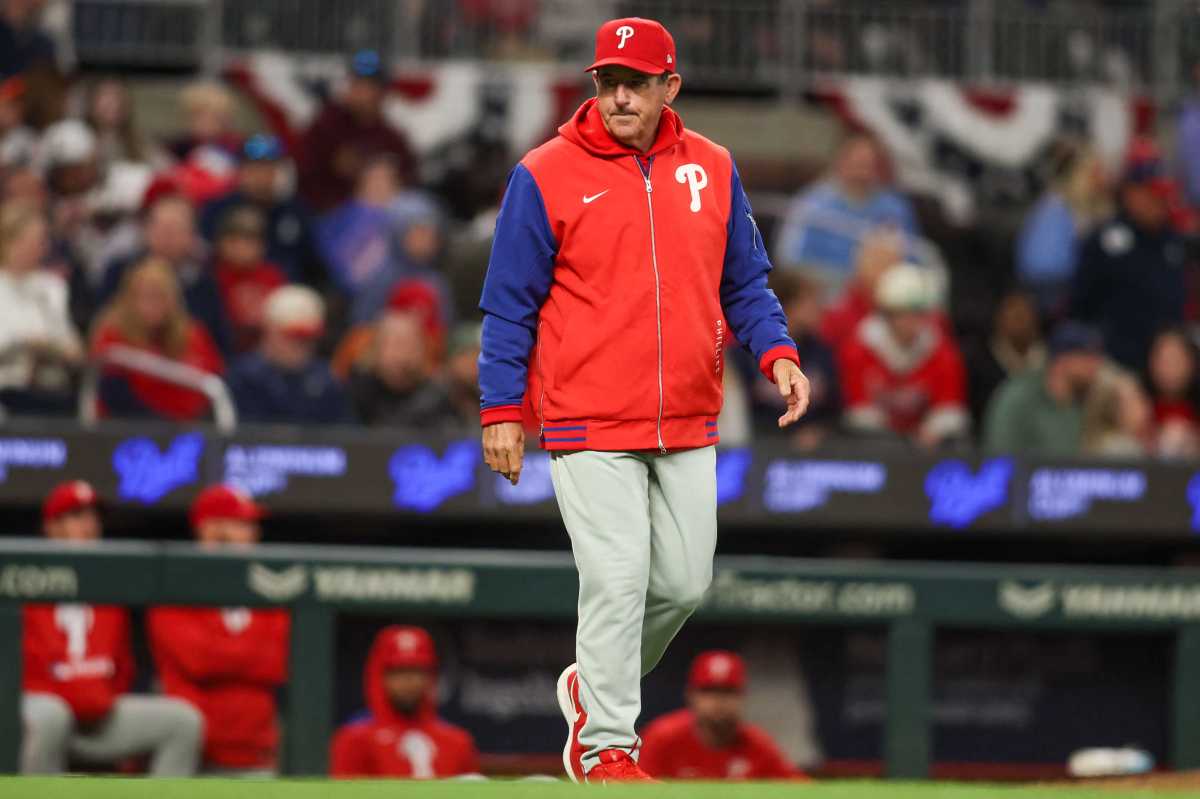All the hoopla has come and gone, and all that’s left in Philadelphia is discarded political banners blowing over the streets and trash cans clogged with campaign paraphernalia.
However, just the experience of hosting the Democratic National Convention at which Hillary Clinton became the first woman to be nominated to run for president by a major poltiical party was elating, some said. “[It was] good for Philadelphia,” said Lamont Johnson, 43, a cook from North Philly. “The bottom line is bringing some money to the city. … I thought it was good that it was in Philadelphia.” Hillary Clinton lavished praise on Philly during her victory rally at Temple University on Friday.
“I am thrilled that so many Americans from everywhere got a chance to see Philadelphia,” Clinton told thousands of supporters. “People kept coming back from going for walks, going to museums, going to other sites, telling me how much they were impressed.” Even protesters gave high marks to law enforcement in the city.
“I must give a huge vote of thanks to the Philadelphia Police Department,” one Bernie Sanders supporter wrote on Facebook in a pro-Bernie group. “I saw a large police presence at all marches and rallies with massive presence at the Unity Fence. But these folks were friendly, caring, and even sneaked in a wink and a wave from time to time. I never felt I was being menaced nor that I should be afraid.” There were zero arrests made by city police after an estimated 13,000 protesters staged some 60 demonstrations around the city, the police department said. Pro-Bernie Sanders, Black Lives Matter, pro-marijuana, environmentalists and other activists staged marches across the city, and especially caused a ruckus at the fence around AT&T Station on Broad Street – burning American flags, chanting, shaking the fence and in some cases climbing over it. The city did detain more than 100 protesters before letting them off with citations and $50 fines as a result of a preconvention decision to decriminalize violations like disorderly conduct to the level of summary offenses. By comparison, around 400 protesters were arrested during the Republican National Convention in 2000. “We had zero arrests,” Mayor Jim Kenney tweeted. “I can’t state that enough, 100 people this week who would have had criminal records who do not.” The Secret Service arrested and charged 11 protesters who climbed over the fence and into the secure perimeter, which the Secret Service had declared a secure zone. They face federal charges that could carry up to a year in prison, although most were released on their own recognizance. Defense attorney Paul Hetznecker, who is representing some of the fence-jumpers, said after his clients’ arraignmentsthat he planned to challenge the Secret Service’s right to establish a secure zone that kept most protesters far from the sight of most politicians and Democratic delegates. “They set an arbitrarily-designated zone and said this zone now becomes federally protected ground based on their unfettered discretion to say so,” he said.”What does that say about how First Amendment rights are being undermined?”
Philadelphia cleans up after the DNC
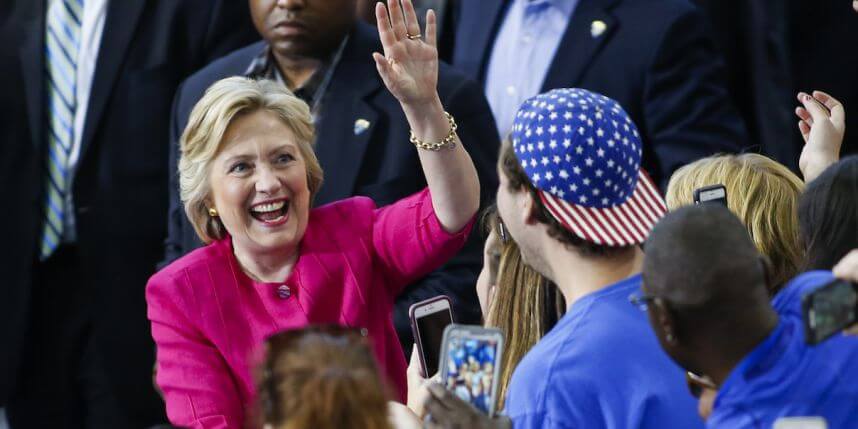
Getty Images




